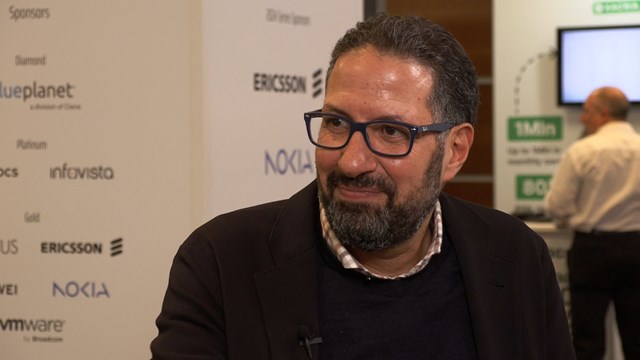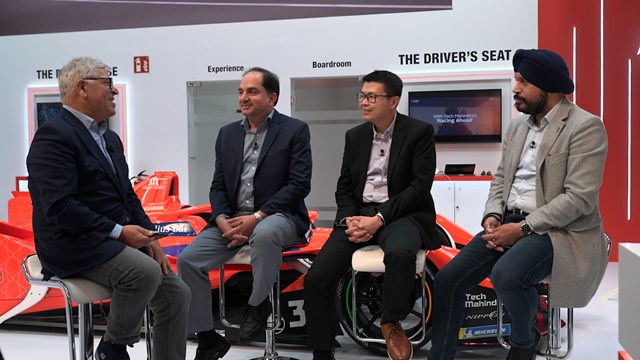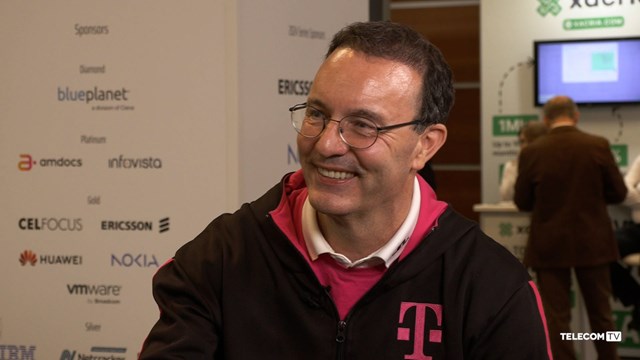Definitely not Lost in Space: HPE demonstrates its autonomous compute abilities on-board the ISS
To embed our video on your website copy and paste the code below:
<iframe src="https://www.youtube.com/embed/gNxdQZHzBp0?modestbranding=1&rel=0" width="970" height="546" frameborder="0" scrolling="auto" allowfullscreen></iframe>
Dr Ben Bennett, Director, High Performance Compute Strategy, Hewlett Packard Enterprise
Hewlett Packard Enterprise (HPE) explains the thinking behind its commodity hardware supercomputer and demonstrates its abilities from the Destiny module in the International Space Station (ISS) (terrestrial version). The real "Spaceborne Computer," is on board the real ISS engaging in a one year experiment to prove out HPE’s autonomous software. Today, with manned deep space exploration on the horizon, multi-minute round trip delay means very high quality compute must also travel on board. HPE’s Dr. Ben Bennett explains why it’s no longer economically viable to construct systems that don’t fail. HPE’s approach is to use commodity hardware to host autonomous software that “manages failure” rather than tries to avoid it. Says Dr Bennett: instead “you build systems that understand ‘how’ they fail and then you manage the failure so it’s not visible to the user’s application.”
Featuring:
- Norm Follet, Director, Demo Solutions Group, Hewlett Packard Enterprise
- Dr Ben Bennett, Director, High Performance Compute Strategy, Hewlett Packard Enterprise
Filmed at: Mobile World Congress 2018, Barcelona, Spain
Email Newsletters
Sign up to receive TelecomTV's top news and videos, plus exclusive subscriber-only content direct to your inbox.



